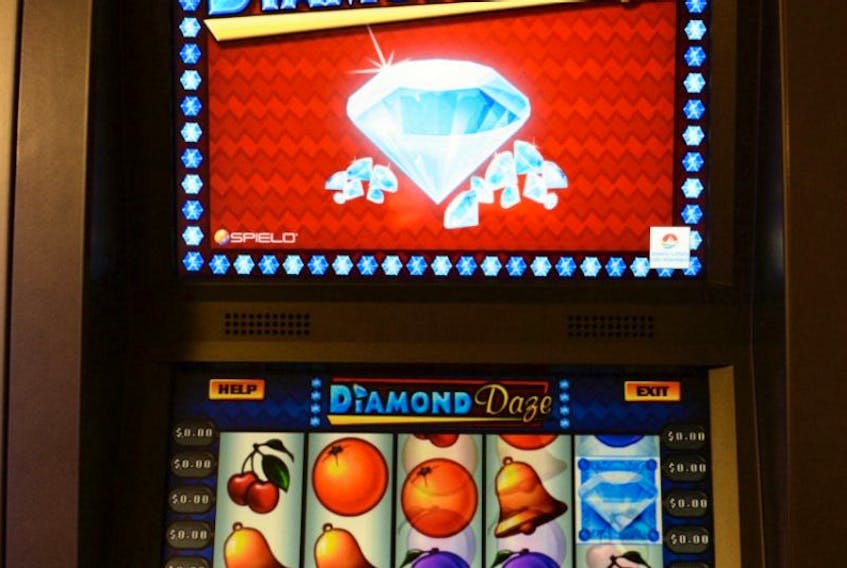It was a warning in the 1970s and 1980s, when cannabis was demonized as a “gateway drug” instead of being a source of much-needed tax revenue.
You’d go to your dealer, some guy named Fred in a cheap apartment with a big dog, and he’d say “Hey, you’re really into this weed. Lemme give you a taste of something else. Something even better…”
As the story went, the next thing you knew was that you were riding on the roof of a train, flipping out on angel dust, or you were splayed out on the floor of a stinking rooming house, shoving dirty needles in any vein you could find for your twice-daily heroin fix. And your life, for all practical purposes, was over.
Well, hello, Atlantic Lottery Corporation.
Right now, and until Feb. 16, if you spend $25 on a particular pack of lottery tickets, you’ll get a $5 coupon that you can use to play video lottery terminals. Video lottery terminals that some addiction experts call “the crack cocaine of gambling.”
The ALC doesn’t seem to see a problem with the concept.
“This coupon gives existing lottery players over the age of 19 an opportunity to experience a different product for entertainment. It is similar to other product promotions we have had in the region,” Atlantic Lottery Corp. senior communications counsel Natalie Belliveau said in a statement to The Telegram. “As always, Atlantic Lottery provides its players with a responsible and regulated video lottery program. Video lottery terminals have a number of responsible gambling safeguards, including time played reminders, mandatory cash-out after 150 minutes of play, displaying cash not credits, maximum bets and cash-in limits.”
Right now, and until Feb. 16, if you spend $25 on a particular pack of lottery tickets, you’ll get a $5 coupon that you can use to play video lottery terminals. Video lottery terminals that some addiction experts call “the crack cocaine of gambling.”
Thanks for that deep and abiding concern for public welfare.
As even a study supported by the Alberta Gaming and Liquor Commission pointed out in 2004, “The dilemma posed for a government is that VLTs are a highly lucrative gambling format, but also, conceivably, the most hazardous gambling format.”
A 2010 study in the Canadian Journal of Psychiatry pointed out the best possible way to reduce problem gambling in Canada: “First, the high odds of problem gambling associated with VLT gambling suggests that reducing the availability and accessibility of VLT gambling would be the most appropriate area of scrutiny for regulators aiming to reduce problem gambling.”
Strangely, the study did not recommend giving out free gambling coupons to those spending other forms of lottery dollars.
But, by all means, let’s hand out free vouchers to those we’ve already identified as lottery ticket gamblers, in the hopes that we can create a whole new revenue stream of gamblers. What on Earth could go wrong?
Think of it this way: if it would entice people into more VLT use, would we be willing to put VLTs in school cafeterias?
Or are there some promotions we can agree we should just stay away from?









